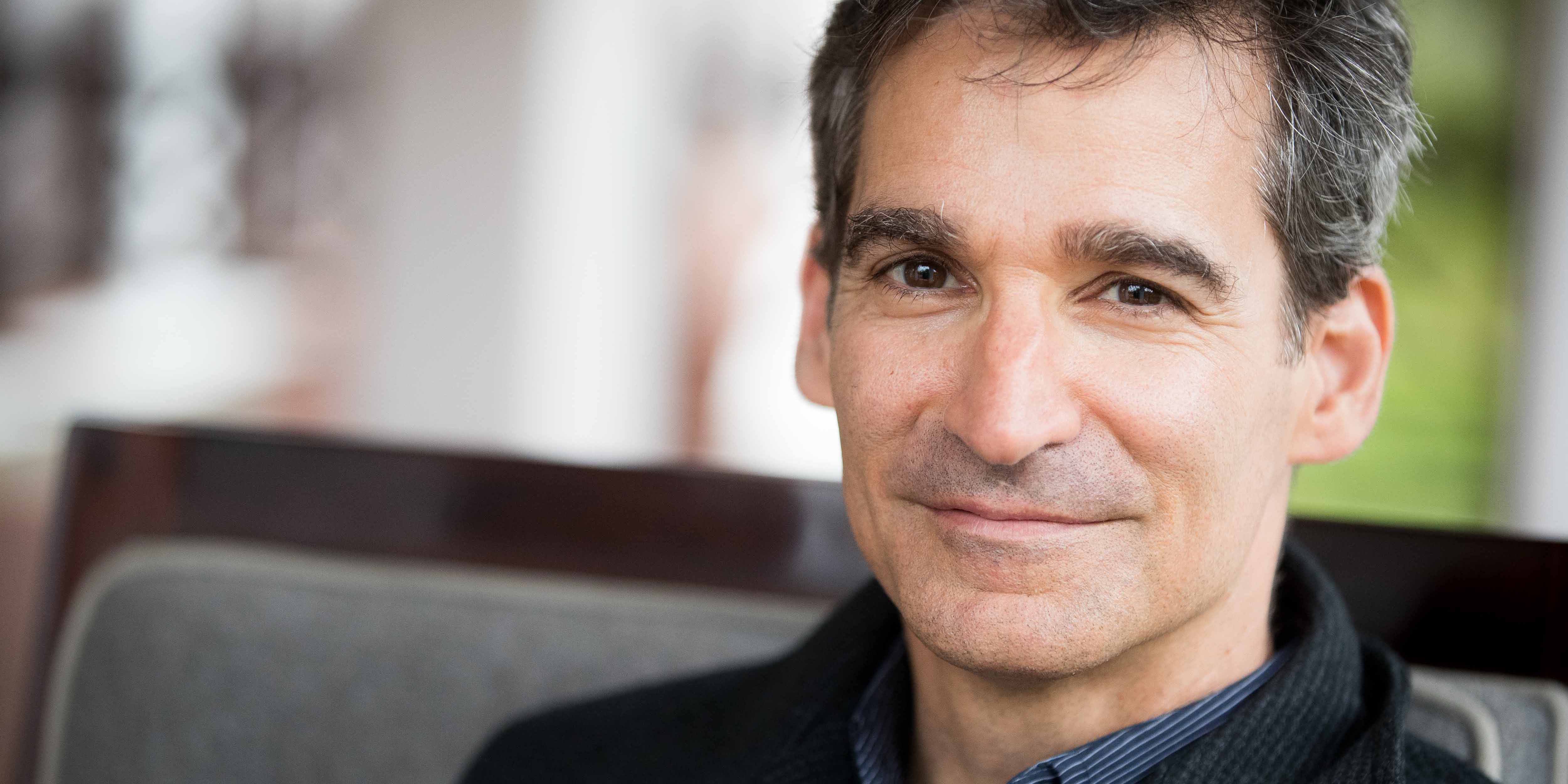Letter to my younger self

With Joel Levin FIAP2 | Aha! Consulting, IAP2A Trainer, IAP2A Director.
Hey Joel, I remember what it was like for you starting out as an engagement practitioner. Why, because I am you, with just a few more grey hairs and an increased tendency to make more noise when I move!
Looking back the world of engagement seemed like such a natural fit for how you thought about life and what was important. You already know you are good working with groups and that will continue to deepen over time, and you know you will need to put some structure and rigour behind what you intuitively know is needed. Back then there was no IAP2 in Western Australia, there was however a group of people, who you will connect with that will change all that and introduce you to IAP2 and the structure and rigour you were looking for.
But the learning that is in front of you, won’t all come from a training room, indeed, sometimes that learning will leave some scar tissue behind. So, I wanted to reflect on those, in the hope it assists you navigate those moments of growth.
The first is to accept the fact that this job is about walking a high wire without a net. There is no getting around the fact that humans are humans, which means you are dealing with beings, that while wonderful, are also very unpredictable. The best process in the world, can’t plumb the internal motivations of some people and it’s okay for engagement not to end up in everyone being happy with everything. It’s not that you need to ignore how people react but that it is not something you can control, so keep bringing it back to the integrity and quality of the process, because that diligence is what will help you sleep well at night.
Yes, you are sometimes learning in front large groups of people but don’t let that stop you from trying new things, because there is no other way to learn. The less you need to get it perfect, the more forgiving the group is and the easier it gets.
The next thing is about right and wrong. Like most sectors, this one isn’t free of its own ‘turf’ wars that can detract from the real purpose of what you do. The technical expert, the communication expert, the engagement expert, the community advocate, the decision maker, everyone can be so sure about what is ‘right’. Professional and community all vying to be heard, wanting to be taken seriously and asking you to pick sides, but that’s not your job. The more you try to take responsibility for how everyone else is, the less effective you will be in being the one that can bring people together.
Over time, anytime you will begin to notice that when something descends into right and wrong, you are off course, regardless of how righteous the right may seem or how egregious the wrong may feel. Remember that Shakespeare quote more often “There is nothing either good or bad but thinking makes it so”[1]. The more you can detach and feel for the gems of truth in all the voices, the better able you will be to draw together the threads that make the fabric of a quality outcome.
The next one, you will learn the hard way, and that is to trust your spider sense more. You can be quite sensitive to what’s going on around you and learning to respond and not react to that sensitivity will be key. Those spider senses are pretty well tuned, so do the work needed to learn how to express what is felt without the reaction or fear of what might come back at you. What you feel may not always be accurate but if something is mis-aligned with how you or others are approaching something, the longer it takes to get that alignment back, the harder it is to bring them back on track.
It’s the times that you ignored that ‘something doesn’t quite feel right’ or ‘I can’t say that to that person’, that you really got into hot water.
Say a big yes, to all the practical learning that is ahead of you, but also remember that all the models in the world are not what the people you are trying to engage are interested in. They just want a person to show up, to be present, to be upfront, to listen. At the end of the day, engagement is not rocket science and you will see different people using the same methods really well and really badly, so the sooner you learn that it’s not just about the method, the better. So yes, there is practical learning to be done, but there is some inner work needed and the more you explore that the more settled you will be.
I am pleased to report, Joel, that even with those few extra grey hairs, you are loving this profession even more and what it is showing you about what is possible with human interaction.
[1] Hamlet; William Shakespeare
